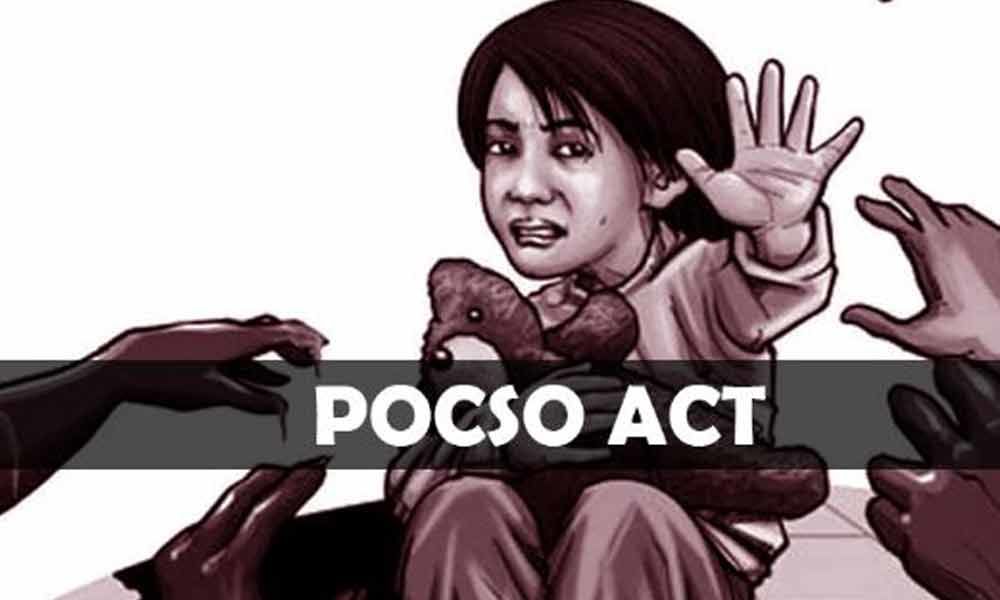The Protection of Children from Sexual Offences (POCSO) Act was enacted in India in 2012 to protect children from sexual abuse, exploitation, and trafficking. The act has strict provisions to prevent, investigate, and punish sexual offenses against children. However, over the years, there have been cases where the POCSO act has been misused, leading to grave concerns about the impact of the act on the lives of innocent people.
One of the major issues related to the misuse of the POCSO act is the ease with which false allegations can be made against individuals. In recent years, there have been instances where individuals have used the act with malicious intent to settle scores with their adversaries or to extort money from them. Such false cases not only ruin the reputation of the accused but also cause mental trauma to them and their families.
One such high-profile case was that of former union minister Swami Chinmayanand. In 2019, a law student from Uttar Pradesh accused him of sexual exploitation. He was booked under several sections of the POCSO act and arrested. However, the case took a turn when the woman was also arrested for extortion. This raised concerns about the misuse of the act for political gain and the need for a fair investigation.
Another case that garnered attention was that of journalist Tarun Tejpal. In 2013, a female colleague accused him of sexually assaulting her inside an elevator. He was arrested and charged under the POCSO act, but was later acquitted by a trial court after it found no evidence to support the allegations. The case highlighted the need for a thorough investigation before filing charges under the act.
The POCSO act also allows for the arrest of a person without a warrant if there are reasonable grounds to believe that he has committed an offense under the act. However, in some cases, the police have been known to arrest individuals without proper investigation or evidence, based solely on the complaint of the accuser. This can lead to the harassment of innocent individuals and a violation of their fundamental rights.
One such case was that of Sunil Kumar Yadav from Haryana. In 2020, he was falsely accused of raping a minor and was arrested under the POCSO act. However, he was later exonerated after it was found that the minor’s family had filed a false case against him due to a property dispute.
The misuse of the POCSO act can also have a detrimental impact on the overall effectiveness of the act. False cases not only harm innocent individuals but also result in a loss of faith in the justice system, discouraging genuine victims from coming forward with complaints.
To address the issue of the misuse of the POCSO act, there needs to be greater awareness among law enforcement agencies, judiciary, and the public. The act needs to be implemented in a fair and objective manner, with due consideration for the rights of the accused. The police should be encouraged to carry out thorough investigations and collect evidence before making any arrests, and false complainants should be punished under the law. Greater awareness campaigns should be launched to educate people about the consequences of making false allegations under the act and the importance of reporting genuine cases of sexual abuse.
In conclusion, while the POCSO act is a critical piece of legislation to safeguard the rights and dignity of children in India, its misuse can cause significant harm to innocent individuals and the overall effectiveness of the act. To prevent such misuse, there needs to be a concerted effort to ensure that the act is implemented in a just and fair manner.
Image credit : https://www.kractivist.org
